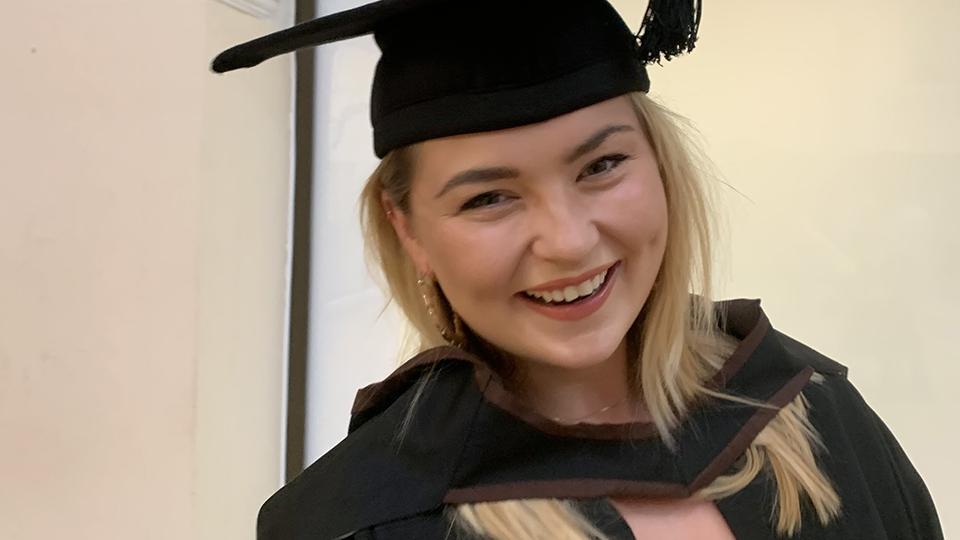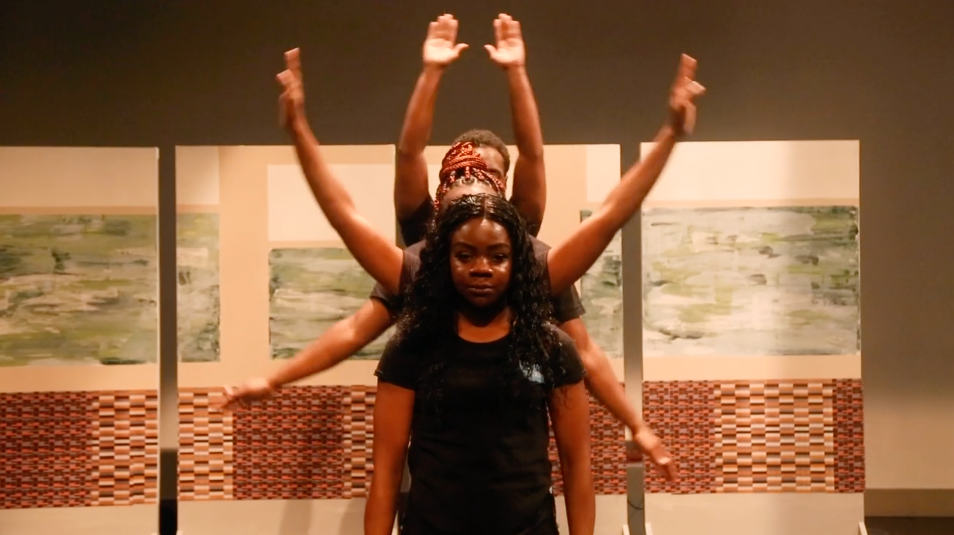Course information
Entry requirements
UCAS code
LL0W
Entry requirements
A-level: BBB
BTEC: DDM
IB: 33 points overall with Three HL subjects at 655
Length
3 years full-time, 6 years part-time
Department
Course overview
This degree is ideal if you have a passion for using performance for social change. You will learn performance and facilitation skills, while exploring the ideas that underpin them. The degree equips you in a wide range of careers in the arts, charities, education, and beyond.
- The BA Drama: Performance, Politics, and Society has been running since 2017 and is highly valued by its students, alumni, staff, theatre professionals, and external examiners. Our students come from diverse backgrounds and enthusiastically embrace our blend of practice and theory, producing their own innovative and original work. Students on the programme contribute substantially to the vibrance of the Theatre & Performance Department, as well as College life more widely.
- You will be offered a grounding in the skills and understanding of theatre in socially engaged contexts. As well as working in theatres and other arts settings, you will engage with work in schools, community settings, the criminal justice system, and festivals. You will have access to unique workplace networks in inner London through the work placement option and outward-facing modules. Students often undertake both paid and voluntary opportunities to enhance their career profile. In the third year, you will develop your own independent research and produce practical projects that can be a launching pad for your future career.
- Our staff are exceptionally well qualified to deliver the degree. The research, teaching, and professional profiles of staff are wide-ranging and tuned into student aspirations.
The field of socially engaged performance
- There are many ways that performance is used for change. As individual audience members, artists, participants, or students, we engage our imaginations and creativity to help us understand ourselves and the world around us. Performance is a part of our identity, sense of community and learning.
- Performance fulfils many functions – including as entertainment, education, ritual, celebration, and protest. In a wider sense we also ‘perform’ every day. As sociologist Erving Goffman said: “We are all just actors trying to control and manage our public image, we act based on how others might see us.”
- At a time when the politics of climate, disability, economics, gender, race, and sexuality are increasingly contended, performance has a unique role to play in creating a better, fairer future.
- In all these contexts, performance has the capacity to be an agent of positive change. We have a conviction that our students can play a crucial role as the next generation creating that change.
Why study the BA Drama: Performance, Politics and Society at Goldsmiths
- Work alongside students from all backgrounds, and learn from each other’s different perspectives.
- Join a community – our alumni are involved as mentors and allies, our staff are friendly and accessible, and we promote a supportive and generous working culture.
- Be an independent learner and create your own learning pathways supported by tutors.
- Study in a democratic environment, and have a say in decision-making about course content and ways of learning.
- Build links and partnerships with our local community in South-East London, arts organisations, and increasingly through international networks.
Contact the department
If you have specific questions about the degree, contact Ben Levitas.

